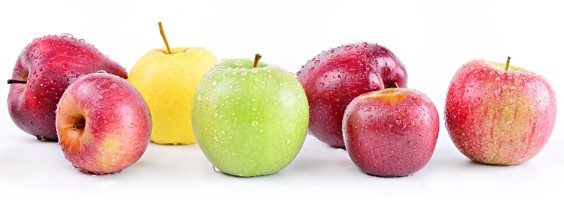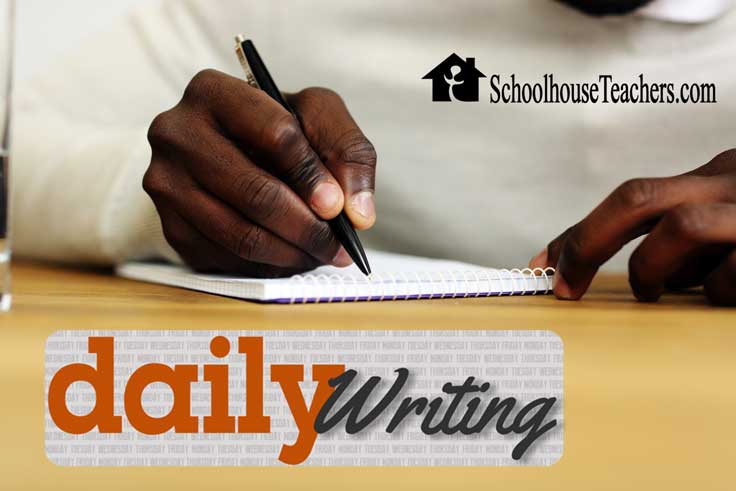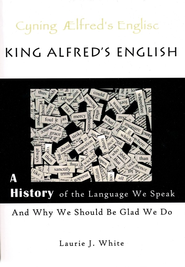Andrew Jackson once said that it was a poor mind that could think of only one way to spell a word. By this we know that he was not a homeschool mother who had to grade spelling tests every week.
Do you have a child who seems to defy your every effort to make him a good speller?
Out of my three children, only one was a naturally good speller. Notice I said naturally. I had very little to do with it. The other two are naturally bad spellers. I had very little to do with that as well.
Bad spellers are not stupid. In fact, one of my sons was so frustrated with the mishmash we call English that he made up his own phonetic alphabet and developed a unique way of spelling for taking notes. This might have been great for his private use, but how did I get him to channel his intellectual flow and join the human race as an average, semi-good speller?
I took advantage of his learning style, and so can you.

Better spellers through learning styles
Below is a smattering of learning styles and some spelling tips. Which ones can you use with your spellers?
Auditory or musical
Does your child learn better if he hears or sings a fact? Get him to recite or sing his spelling words. He can record his word list onto a mobile device, spelling each word as he goes along, and eventually learn them from constantly listening to his voice saying them.
Kinesthetic (physical)
Does your child learn best with manipulatives? Great! Buy a Boggle or Scrabble game and have some fun. I buy old games at yard sales to have alphabet tiles, cards, or dice handy. Have your child spell out the words from her list with the alphabet pieces each day instead of or in addition to writing them on paper. Or pick out the word’s letters, mix them up, and then tell your student what the word is so she can unscramble it.
Try putting some sand in a shallow plastic container for your kinesthetic learner and have him spell the words in the sand, one at a time. The feel of the sand and the indentations of the word will help reinforce the words. Or give him an old magazine and have him cut out the letters of the words, arranging them and pasting them to a paper or a piece of cardboard.
Sometimes writing the letters large on a chalkboard or whiteboard really helps; he feels them in his hand and arm as he writes them, and for some students whose small-motor coordination is still developing, big is better. And there’s always this great learning device one semi-finalist used in the 2001 Scripps-Howard Spelling Bee in Washington, D.C.: spell each word privately in sign language first before saying it aloud.
Linguistic
Linguistic, creative types will get a kick out of trying to incorporate all of their spelling words into one story.
Social
Sit next to your social learner on the first day of the new spelling list and talk about it. Do you see any patterns you can pass on to her? Does she understand each word? Can you share a personal spelling trick with her (Wed. Nes. Day)? Your presence legitimatizes the work for her and makes it important. This will help her stick with it longer.
Random tips
Does your student consistently misspell words in her other writing? Cross off an easy word from her weekly list and add her zinger to it.
Don’t assume that just because there are 20 words on the list, you have to give all twenty. The spelling book is not your child’s teacher. You are. You have the flexibility to assign the number of words your student can reasonably handle in a week. Why make a hard subject worse by subjecting him—and you—to torture each week?
Difficult spellers usually hit their stride in eighth, ninth or tenth grade, or perhaps not at all. Until then, keep up the good, weekly work, using your child’s learning style on his or her behalf. He may even someday say that he appreciates all your efforts, even if he can’t spell it out.
Yours for more vibrant writing experiences,











